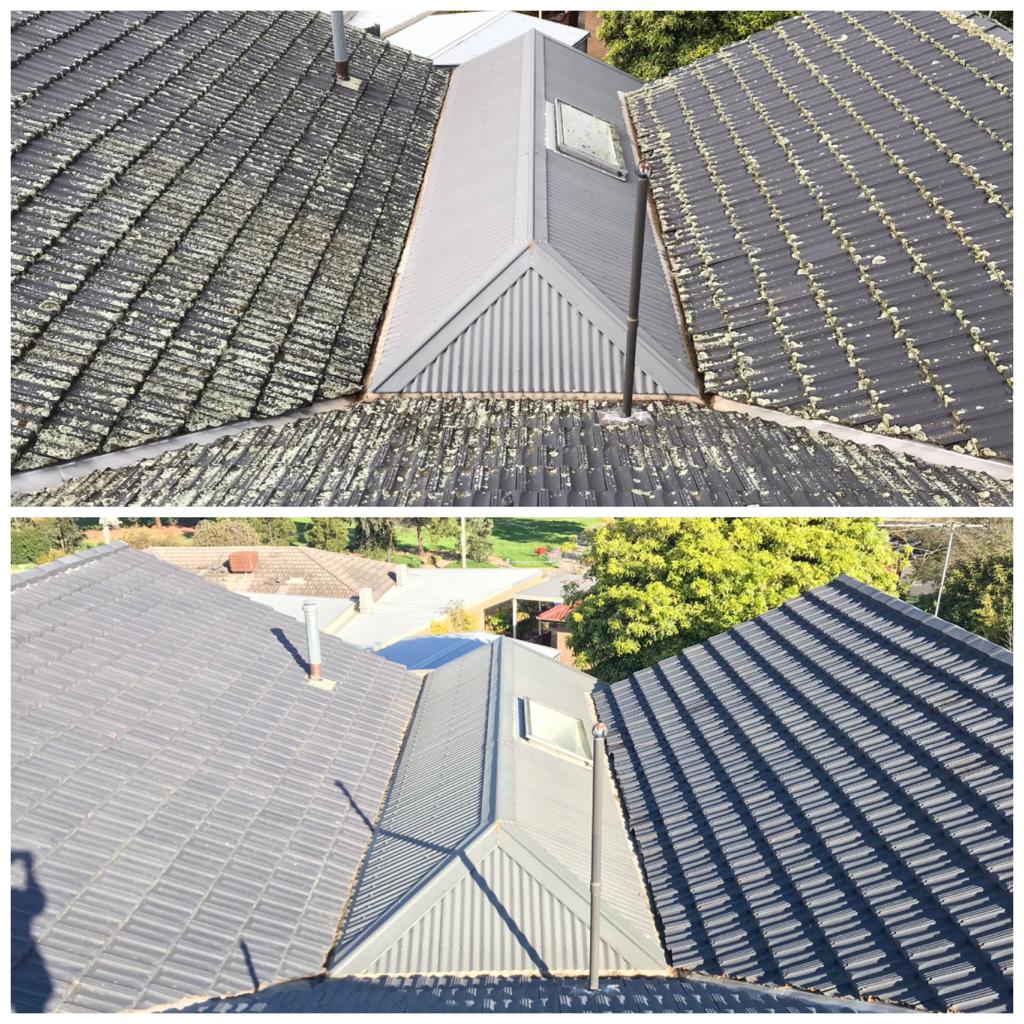Your roof is one of the most important elements of your home’s structure, protecting you and your family from the elements year-round.
Over time, your roof can become damaged or worn, leading to leaks and other problems. We have a blog post on ‘worn’ roofs available here. One potential solution to these issues is to reseal your roof. But is resealing your roof the right choice for you?
In this blog post, we will explore what resealing a roof means, signs that your roof could benefit from a reseal and which roofs can be resealed. This should help you determine whether it’s a necessary step for your home’s maintenance and protection and answer your question: should you reseal your roof?
What is a roof reseal?
A roof reseal is a process of applying a new layer of protective coating on top of an existing roof to prevent leaks, extend the life of the roof, and enhance its appearance. Resealing a roof typically involves cleaning and repairing the existing roof surface, followed by the application of a sealant or coating material. The type of sealant or coating used will depend on the specific needs of the roof, such as its age, type, and level of damage.
I mean there is no use putting icing on a cake that isn’t up to scratch. This is just masking the problems so here at Portervac we fix the underlying problems first.
Roof resealing can be an effective way to protect your home from water damage and other types of deterioration, and it can also improve your home’s energy efficiency by reducing heat transfer and air leaks.
However, it’s important to note that not all roofs are suitable for resealing, and in some cases, a roof replacement may be necessary for optimal protection and longevity.


What signs indicate your roofs needs to be resealed?
The best option is to speak to a roofing expert, but here are some things you can look out for at home:
Visible cracks or splits in the roof surface: Over time, exposure to the elements can cause your roof to develop cracks or splits. If you notice any visible damage to your roof, it’s a good idea to have it inspected by a roofing expert to determine if resealing is necessary.
Leaks or water damage: If you notice water stains or damage on your ceiling, it’s a sign that water is getting through your roof. Resealing your roof can help prevent further leaks and damage.
Decreased energy efficiency: If your home is experiencing increased heating or cooling costs, it could be a sign that your roof is allowing air to escape. Resealing your roof can help reduce energy loss and improve your home’s efficiency.
Fading or discolouration: If your roof has become discoloured or faded, it could be a sign that it’s reached the end of its lifespan. Resealing can help improve the appearance of your roof and extend its life.
Age: Roofs have a lifespan and if your roof is approaching or exceeding that age, it’s a good idea to have it inspected by a professional to determine if resealing or replacement is necessary. We have a blog post here with a list of roof types and their average lifespans.
Can your roof be resealed?
Many types of roofs can be resealed, but the suitability of resealing will depend on the specific type of roof and its condition. Here are some common roof types that can be resealed:
- Asphalt shingle roofs can often be resealed, but the condition of the shingles will need to be assessed to determine if resealing is an appropriate solution.
- Metal roofs can often be resealed with a fresh coat of paint or sealant. However, if the roof is severely damaged or corroded, resealing may not be a viable option.
- Flat roofs are often resealed with a liquid-applied membrane. This type of roofing system can provide long-lasting protection against leaks and other damage.
Tile roofs can be resealed, but the process can be more complex than with other types of roofs. The tiles will need to be cleaned and damaged mortar repaired before the sealant can be applied.
Please note, Glazed Terracotta roofs have a glaze applied in the kiln stage. There are products that some businesses will spray onto your roof to repeat the desired glaze effect. This is something that has not been around long enough for our tradesmen to apply.
So, if you have been asking yourself should you reseal your roof, this should answer that question for you. If you have further questions relating to your specific roof, including costs and what to expect, our roofing experts are happy to get. Just get in touch.
What signs show a roof needs to be resealed?
Visible cracks or splits, cement mortar coming away from ridge caps, leaks or water damage, decreased energy efficiency, fading and discolouration and age
What roof types can be resealed?
Asphalt, Metal, Flat and some tile roofs.



